Hiking is one of the best ways to get your heart rate up while getting in some exercise. The activity not only strengthens your muscles but also improves cardiovascular health. Hiking has other benefits too! It can help you sleep better and improve stress levels. In this blog post, we will discuss how hiking is a complete lower body workout that will make you happier and healthier!
If you’re looking to get a complete lower body workout, hiking may be the perfect exercise for you. Hiking is an aerobic exercise that works your major leg muscles as well as your core and cardiovascular system. It’s also great because it doesn’t require any equipment or special preparation, so anyone can do it!
The following post focuses on the reasons why hiking is such a complete lower body workout.
How Does Hiking Work As a Lower Body Workout?
It Works On All Your Lower Leg Muscles
Hiking works on all your lower leg muscles. It is great for the hamstrings, quads, calves, and ankles. This means that you can walk away with stronger legs after even just a short hike.
The upper thighs also get their fair share of work out during hiking as well. The movement of walking uses multiple muscle groups that allow more blood flow to be sent to these areas while improving strength in your core at the same time.

When you are doing downhill hikes or steep uphill climbs, it puts added stress on the lower body that further improves strength over time. You will see noticeable results if you have been hiking consistently for a few weeks now too! Your endurance levels should be much higher than and this will help boost performance on all types of hikes.
You will feel the burn in your legs after hiking for a few hours at a time but this is why you should do it! You are doing an active recovery that makes you stronger and better prepared to take on bigger challenges next time around! This allows your muscles to break down more efficiently so they can rebuild even stronger than before too.
It Improves Your Heart Health
Hiking is not only great for strengthening the lower body, but also improving cardiovascular health. Your heart rate increases during exercise which means that your blood flow throughout your entire body gets faster and therefore improves organ function, as well as decreases, stress levels overall. Hiking has been known to help people sleep much well and decrease anxiety and depression over time too when done consistently with friends or family.
It Boosts Your Endurance
Hiking is a great way to boost your endurance levels. It increases the amount of oxygen that you take in and allows your muscles to work more efficiently over time too! You will find that after just one hike, it gets easier and easier each time around.
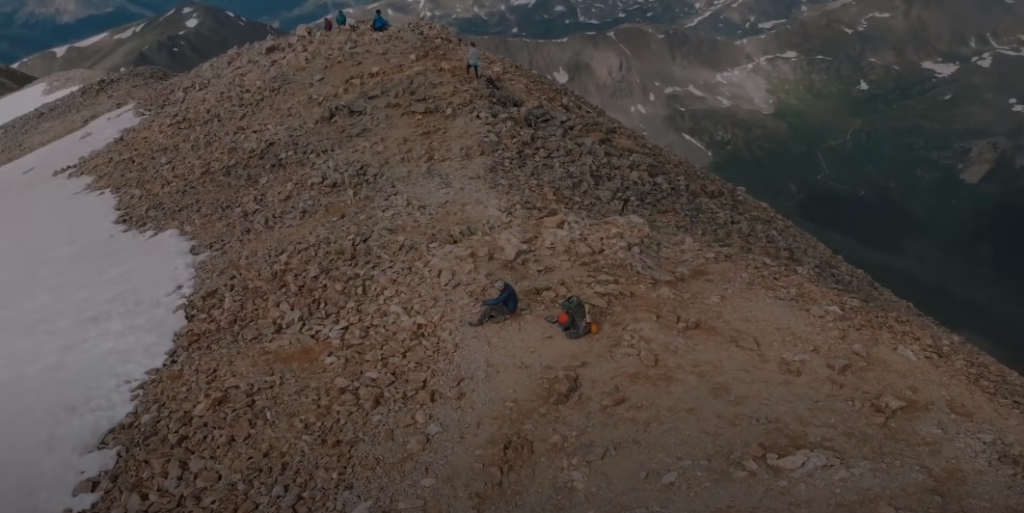
This means that if you want to increase how far or for how long you can walk without getting tired then hiking is definitely an activity worth trying out right away! The best part about this type of exercise is it doesn’t feel like “work” when done with friends or family members because it’s such a fun physical activity too.
If you are not particularly someone who enjoys exercising but wants some sort of physical activity in their life regularly then hiking may be something worth looking into. It doesn’t require any fancy gym equipment or a huge time commitment either which makes it great for anyone to do on a regular basis!
It Helps With Cross-Training
Hiking is often considered to be a great cross-training activity because it works with all muscle groups. This means that you can engage in other forms of exercise during the week and then hike on your off days for better results over time too!
Running, biking, weight lifting are some examples of different types of workouts that usually require their own day so by combining them together into one workout you can kill two birds with one stone! This will allow you to save more time while also improving overall health as well which makes hiking such an amazing activity no matter what type of shape you’re currently in right now.

As stated before, hiking has numerous mental benefits along with physical ones including increased relaxation levels throughout your entire body that leads to lower stress and anxiety levels overall. This means that if you struggle with any mental health conditions then hiking is a great way to improve your symptoms as well without needing medication or therapy!
Hiking is one of the best forms of exercise because it’s also fun and relaxing at the same time too. You can enjoy beautiful views while also getting an incredible workout that will make you feel happier after each hike over time. It may sound like a miracle product but seriously give it a shot for yourself today!
As you can see, hiking is one of the best ways to get in shape while also having fun with your friends and family members. You will boost all aspects of your health including mental wellness over time too when done consistently each week. The activity not only strengthens your muscles but improves cardiovascular health as well so give it a shot today!
FAQ
Is hiking a full-body workout?
Hiking burns a significant amount of calories because it involves using several large muscles in your legs. That means you’ll be burning more fat and building lean muscle mass, which can help with weight loss by keeping you energized throughout the day.
The best part is that unlike many other exercises like running or jogging (which typically only focus on one area), hiking will work out almost all parts of your lower body – quads, hamstrings, glutes, ankles/feet strength – all at once! You’ll get incredible results from just spending an hour outside every weekend!
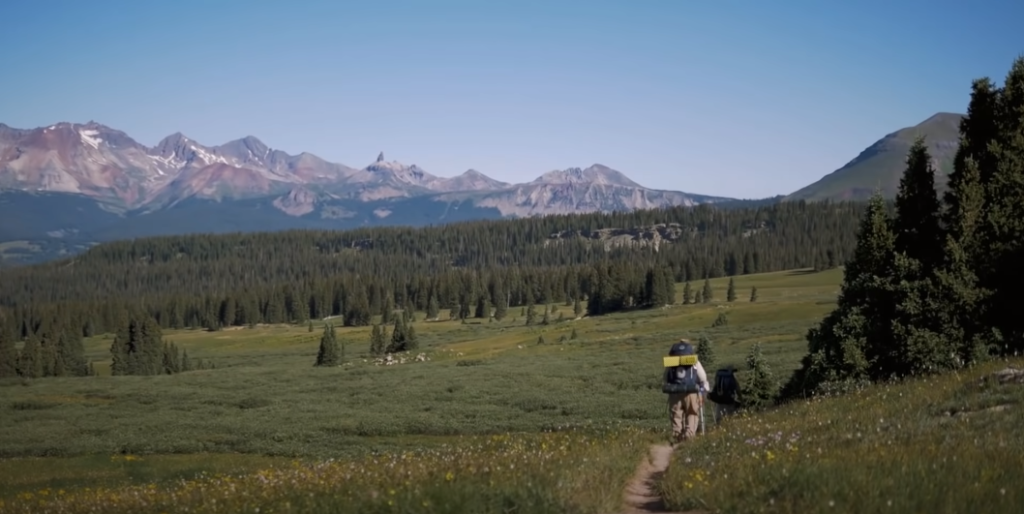
Hiking with a backpack is an even better workout. Carrying a fully-loaded pack means you have more weight working against your body as it tries to propel itself forward up the trail (that’s why carrying heavy packs on long hikes can be such a grueling challenge for some people). Hiking with added weight engages muscles in ways that walking doesn’t, and will build strength and endurance at the same time – making hiking one of the most effective forms of exercise around!
Is hiking cardio or strength?
This is another common question. Hiking can be either cardio or strength depending on the incline of your hike. If you are hiking up a steep hill, this will really work out your muscles and give you an intense workout. However, if it is more flat terrain then you may want to take the pace down just slightly so that it doesn’t feel like such hard effort for your heart rate to increase!
Can you lose weight walking 30 minutes a day?
There is a lot of debate about this and some research indicates that walking 30 minutes per day will help you lose weight. However, what most people don’t realize is that walking 30 minutes a day does not burn enough calories for you to lose weight.
According to WebMD: “To walk off the calories in a single chocolate-glazed doughnut (about 280), you would have to spend an additional 42 minutes on your feet — and we’re talking regular walking here, not power-walking”.
What is a good distance to walk every day?
The American Heart Association suggests that you take at least 30 minutes of daily exercise to gain the health benefits. If this is too much, then try doing it in three ten-minute intervals. Additionally, you should look for ways to incorporate some exercise into your daily life. For example, take the stairs instead of an elevator or walk during lunch breaks if it is within a reasonable distance from work.
Is it better to walk longer or faster?
Walking at a slower rate for a longer period may help you burn more calories, most doctors note. They propose that walking two miles an hour rather than three miles per hour is more advantageous for obese people.
What is the maximum amount of weight you should carry while hiking?
The maximum amount of weight you should carry while hiking is 20% of your body weight. Do not hike with a pack that weighs more than one-fifth (20%) of your own body weight, including food and water.
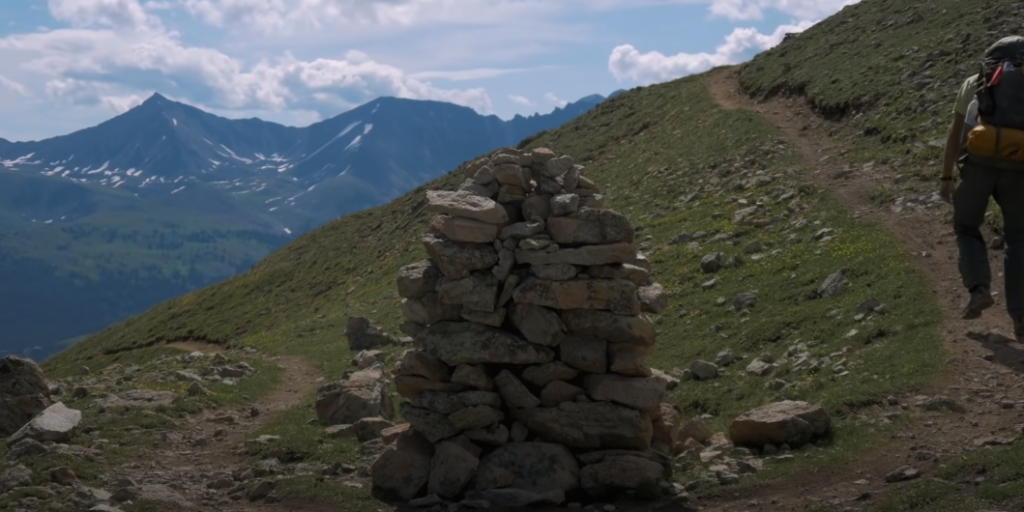
Experts recommend first-time hikers to test their packs before the actual day so they can feel how it feels like – too heavy or light? You will probably want to adjust it later on anyway but better save yourself the trouble from being uncomfortable right away!
Just remember: there’s nothing wrong with starting off slow when it comes to physical activity. It’s always good for beginners to start off at an easier pace instead of going full force in order to prevent injuries or other health issues from occurring early on.
Will hiking help me lose belly fat?
Hiking is one of the best exercises for burning fat because it works out your whole body. Hiking burns about 400 calories per hour.
If you do this at least four times a week, that’s around 1800 extra calories burned every month – without having to change what you eat or how much exercise time you spend on other activities. You can lose weight fast with hiking!
What are the disadvantages of hiking?
There are few disadvantages of hiking when compared to other forms of exercise. However, it is always best to check with a doctor before doing any form of strenuous physical activity. Some people might find that they feel lightheaded or even faint after exerting themselves on the trail so it’s important not to push yourself too hard and listen to your body.
If you start feeling unwell then stop immediately and take some time off the trail until you’re ready for another go! Another disadvantage could be if you are injured during your hike and can’t continue – but this won’t happen as long as you stay safe by using common sense at all times.

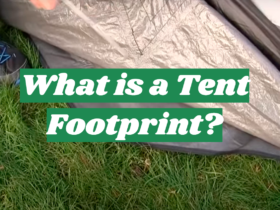

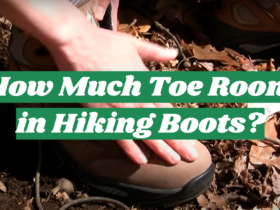
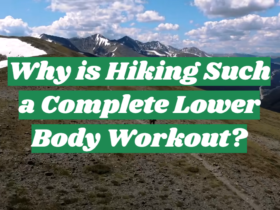
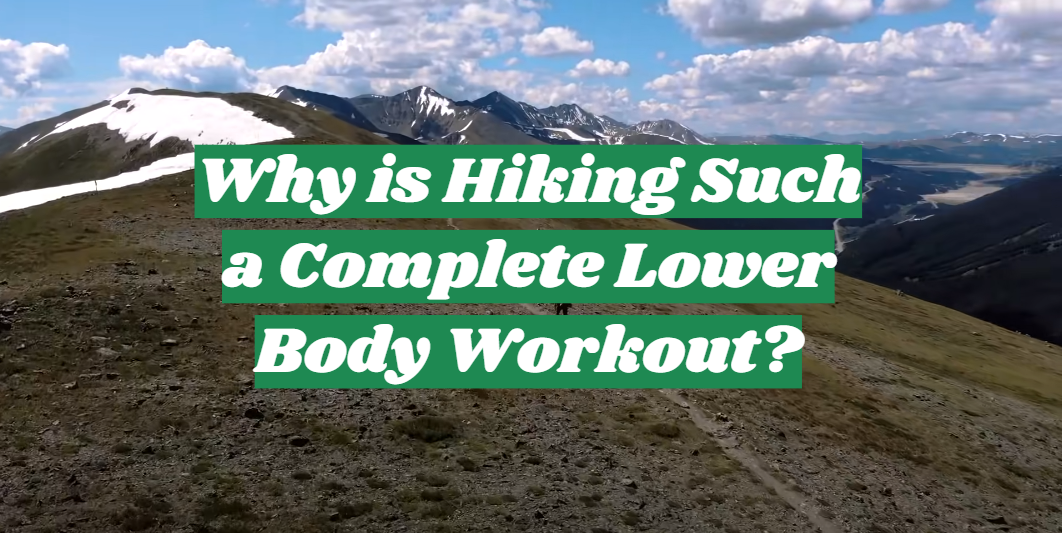



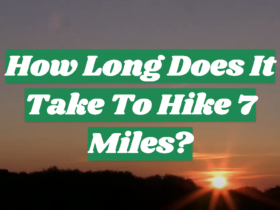
Leave a Review